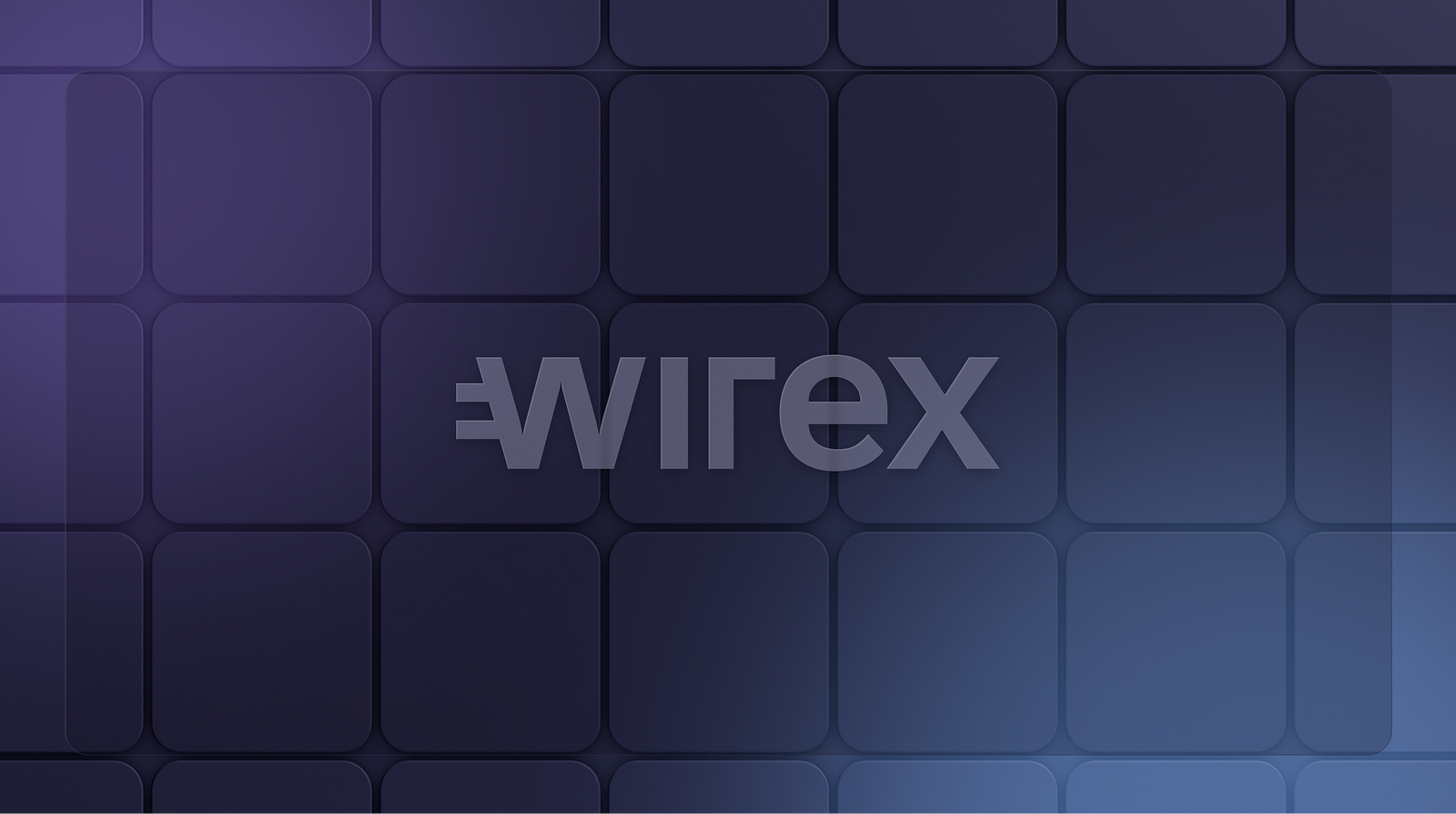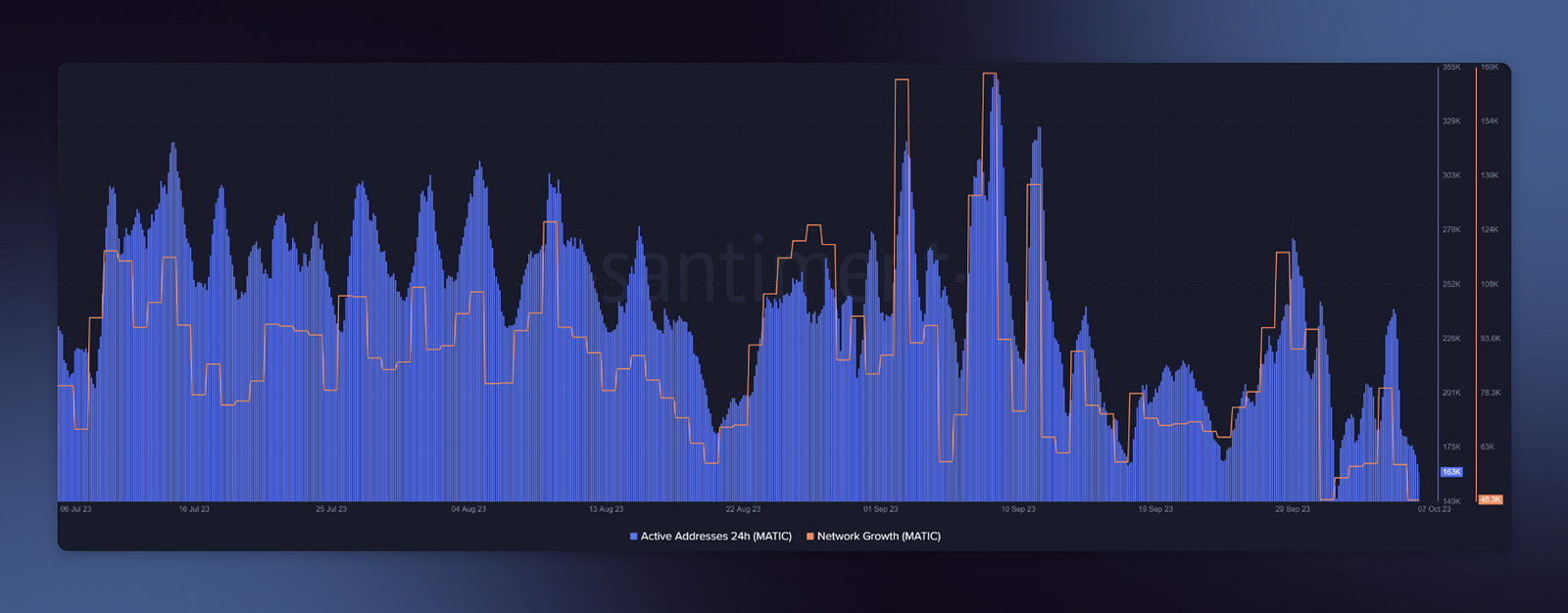Please fasten your belts!
Account Labs attracts $7.7M funding for UniPass
Blockchain newcomer, Account Labs, garnered a remarkable $7.7 million in seed funding, with Polychain Capital and Electric Capital at the helm, and with support from Coinbase Ventures and others.
This financial infusion accelerates the creation of UniPass, a unique crypto wallet. The company states that UniPass uses Google’s strong authentication system, which includes several layers of protection such as two-factor authentication, biometric checks, and device encryption. Users can also cancel access to their wallet from any device whenever they want.
Account Labs aims to launch UniPass in early 2024, initially supporting Ethereum and ERC-20 tokens. They also plan to integrate UniPass with well-known Web3 platforms like Uniswap, Compound, and Aave.
Initially, the UniPass Wallet, built on the Polygon platform, will be available to Android users worldwide without the need for KYC verification. Future plans include making it compatible with iOS devices and expanding login options to include Apple ID and other social media logins.

Etherspot integrates with Linea, boosting zkEVM L2 via Skandha Bundler and Prime SDK
Etherspot has teamed up with Linea, a Layer 2 solution crafted by ConsenSys to enhance the Ethereum ecosystem. Linea employs zero-knowledge technology, enabling more efficient transactions on the blockchain.
This collaboration integrates Etherspot’s Skandha Bundler & Prime SDK with Linea’s developer-friendly environment, aiming to significantly reduce gas costs and improve user experience.
OpenZeppelin ditches isContract function
The service OpenZeppelin, which helps develop smart contracts, recently took out a frequently used function called isContract to promote more flexibility and improved user experiences.
The isContract function tells you if an Ethereum address is linked to a smart contract account or an externally owned account (EOA). A lot of decentralized application creators have used it for security, like stopping bots from creating NFTs.
However, as co-founder and CEO of Ambire Wallet, Ivo Georgiev, noted, using isContract causes problems with certain wallets like Ambire, Argent, and Safe that use smart contracts to handle user funds while making things simpler for the user.
Georgiev mentions there are better ways to handle issues like NFT creation abuse and security risks. Having the isContract function around created a false belief that smart contracts couldn’t work as user accounts.
In reaction, OpenZeppelin took out the function to encourage developers to reevaluate their ideas about smart contracts and user accounts. This bold step could speed up the use of account abstraction and its benefits.
Alchemy unveils Account Kit to streamline Web3 app development
Alchemy has launched Account Kit, a toolkit aimed at simplifying smart account integration into apps, offering a blend of Web2 and Web3 technologies.
This toolkit provides tools for seamless user onboarding, including:
- a library for smart account integration;
- a gas-optimized smart contract account;
- support for various login providers.
It also offers gas management APIs to cover gas fees, and bundler APIs for batch transactions, facilitating multi-step actions with a single click.
The primary goal of Account Kit is to alleviate the challenges users face when interacting with blockchain apps, making the onboarding process smoother and encouraging mainstream adoption of Web3 apps.
Wirex introduces W-Pay, a new decentralized crypto debit card platform
Wirex, known for digital payment solutions, has launched W-Pay, linking dApps, non-custodial wallets, and traditional payment systems. This platform, described as a cutting-edge app chain, enables the issuing of non-custodial crypto debit cards by dApps and non-custodial wallets.
W-Pay’s aim is to eliminate the need for third parties, ensuring that account holders keep full control over their funds.
Unlike before, where crypto holders had to deposit coins on centralized platforms like Coinbase, W-Pay maintains the decentralized ethos, reducing extra costs associated with centralized exchanges.
The platform, created using Polygon’s Chain Development Kit, enables easy settlements on Ethereum while also providing a shared liquidity pool, paving the way for endless innovation and interoperability.
W-Pay, with its Zero-Knowledge technology, is set to revolutionize on-chain card payments, showcasing efficient and secure blockchain transactions.

Surge in Polygon’s AA users
Polygon reported a notable increase in Account Abstraction (AA) users in September, hinting at a potential reason behind the slight network activity boost. The platform noticed a significant rise in AA addresses, possibly due to its enhanced features, suggesting that MATIC might be gearing up for a significant rally like in June.
Account Abstraction allows for the creation of accounts capable of independently executing transactions in smart contracts, unlike the conventional Externally Owned Accounts (EOA) in typical blockchain systems.
This feature provides users with added convenience when interacting directly with smart contracts, which could explain the surge in AA account creation on Polygon. The network cites improved security and automated account management as driving factors behind this adoption.
Polygon claims that AA accounts experienced a 2.4X increase in active accounts and a 3.3X increase in successful user operations, indicating a substantial efficiency improvement. This efficiency is believed to be a key element in the rapid adoption of AA accounts.
Data from Santiment shows a marginal improvement in network activity for Polygon in September, with a significant rise in 24-hour Active Addresses reaching a 3-month high.

This spike in activity, alongside a peak in Network Growth, aligns with the surge in AA accounts, although it’s not definitive that AA was the sole driver since on-chain data doesn’t distinguish between AA and EOA accounts.
🐞This digest is sponsored by TransactionKit
TransactionKit is a smart account React library designed for fast and simple Web3 development. It ensures your dApp seamlessly integrates with ERC-4337 and boasts a rich set of built-in features, including Paymaster and transaction batching. TransactionKit provides a comprehensive suite of React components to help you easily implement token transfers, approvals and contract calls. What sets it apart is its compatibility with 20+ blockchains, offering developers unmatched versatility.
Start exploring Account Abstraction with Etherspot!
- Learn more about account abstraction here.
- Head to our docs and read all about the Etherspot SDK.
- Skandha - a developer-friendly Typescript ERC4337 Bundler.
- Explore our TransactionKit, a React library for fast & simple Web3 development.
- For a plug & play integration, review the BUIDLer react component.
- Follow us on Twitter and join our Discord.
Is your dApp ready for Account Abstraction? Check it out here: https://eip1271.io/
Subscribe to Etherspot’s Everything About Account Abstraction Newsletter!
Get In Touch:
Website | Twitter | Discord | Github | Telegram
Powered by Etherspot
TransactionKit | BUIDLer React Component | Pillar Wallet | AirdropMe

